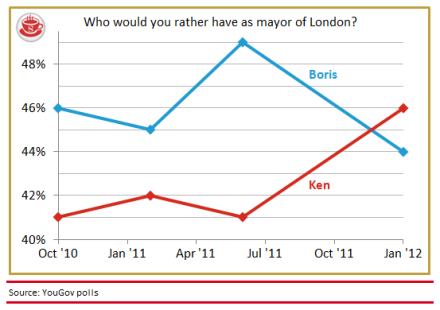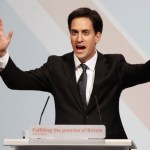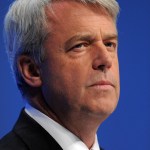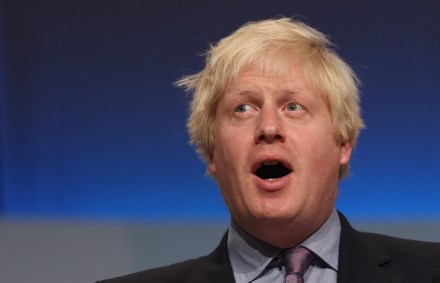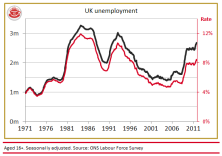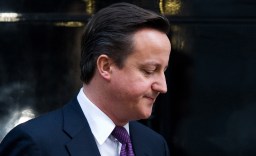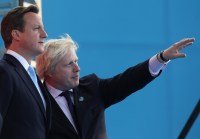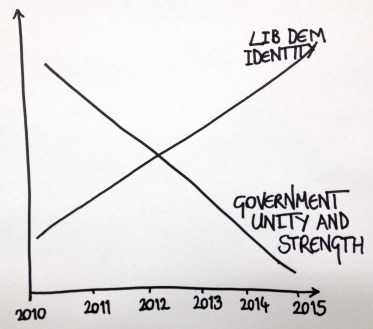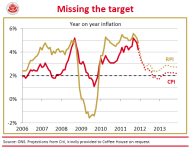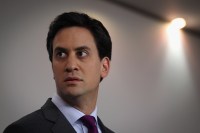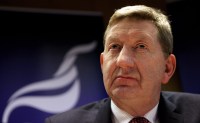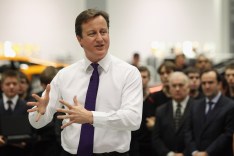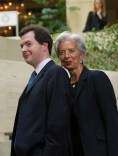Boris’ poll lead evaporates
It looks like the May’s election for Mayor of London will be a close run thing. A new poll today from YouGov has Ken Livingstone two points ahead of Boris Johnson – a big turnaround from the eight point lead Boris had in June: Ken shouldn’t be popping any champagne corks yet, of course. His lead is well within the poll’s margin of error, and there’s three and a half months to go before election day. But he’s certainly looking more likely to topple Boris than he did seven months ago. So why the change? YouGov’s Peter Kellner has a good article on the poll’s details here, but two key points jump
